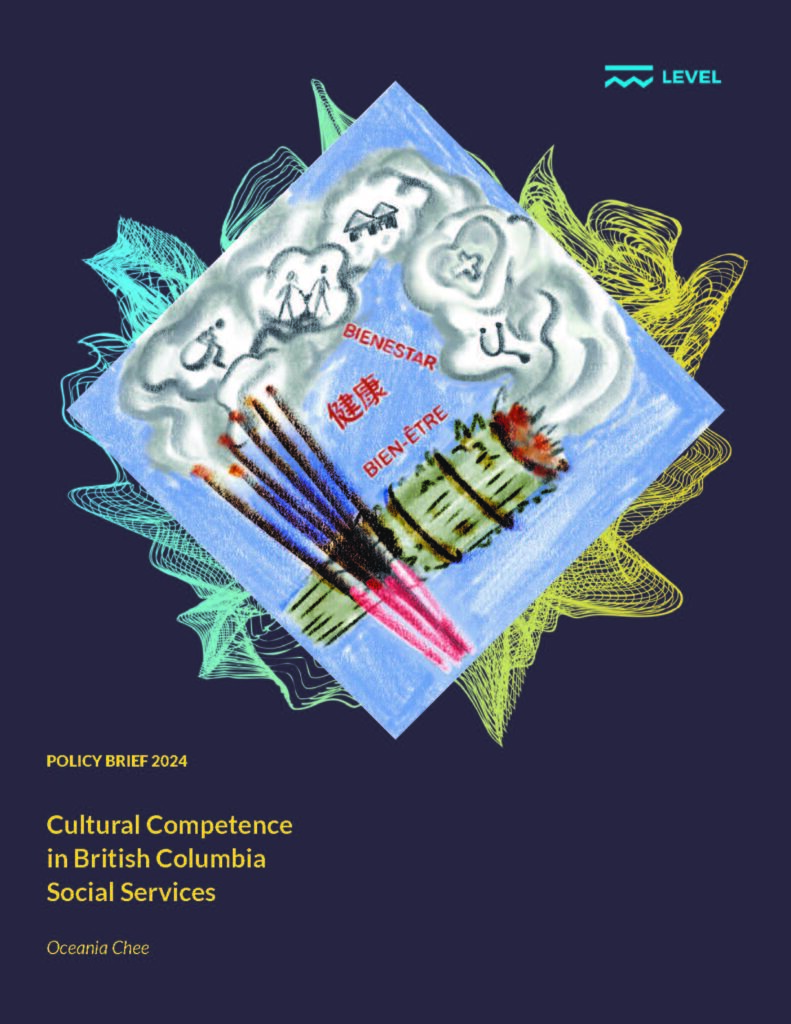Cultural competence—the ability to understand and effectively engage with people from diverse backgrounds—is crucial for ensuring equitable access to social services. In British Columbia (BC), where 34% of the population identifies as an ethnic or cultural minority, there is a notable lack of cultural sensitivity in the social services sector. This gap leads to significant barriers in accessing essential services such as food security and healthcare. These shortcomings in larger organizations push smaller, community-based organizations to address these gaps— but with limited resources Additionally, marginalized communities face systemic barriers in mental-health care and addiction treatment due to a lack of culturally competent services and pervasive stereotypes. To address these issues, it is vital for provincial policies to emphasize cultural competence, improve language access, and ensure that marginalized groups receive equitable care. Effective policy frameworks must reflect the province’s cultural diversity and strive for inclusive and accessible social services for all residents.
Watch Oceania’s policy presentation:


